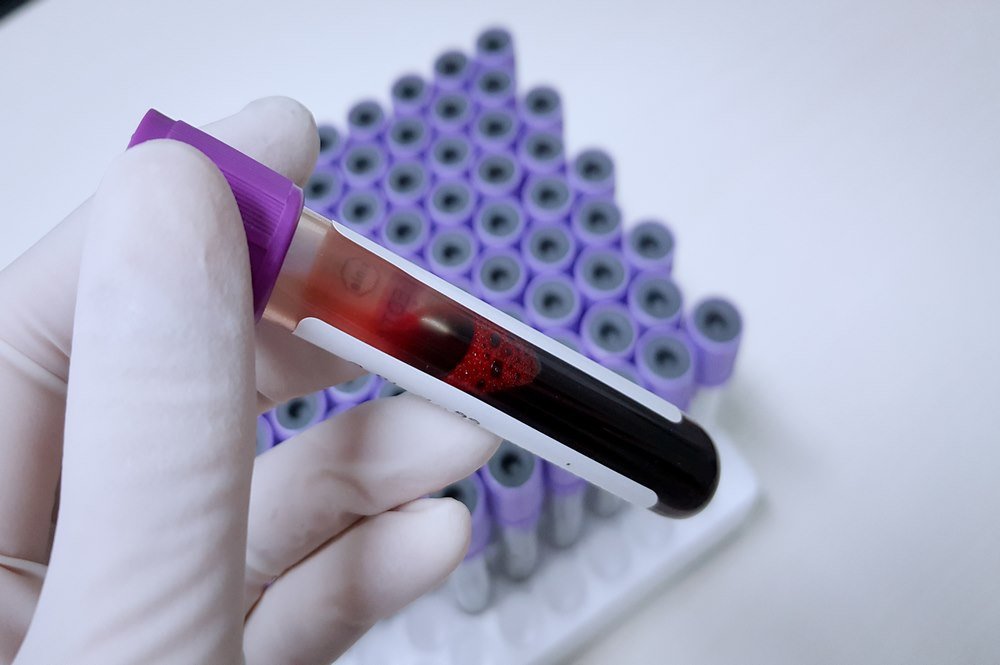Diagnosis of stroke

The symptomatic diagnosis of stroke can be confused with other conditions like heart attack, migraine, epileptic seizures, etc. The F.A.S.T strategy discussed under the subheading ‘symptoms’ helps in detecting the emergency, but for differential diagnosis, many tests may be done within an hour of arrival at the hospital. [6] These include
Blood tests
- Complete blood count: complete blood count is done from a small sample of blood. Among other components, it gives an estimate of platelets, the cells that are responsible for clot formation.
- Blood pressure: high blood pressure is the culprit in more than half of stroke cases. For immediate and post-stroke evaluation, blood pressure is closely monitored.
- Cholesterol: High cholesterol is also reported as one of the leading factors associated with stroke. Looking for excess cholesterol in the blood can lead to stroke diagnosis in the right direction.
- Blood sugar: in the perspective of diabetes associated with stroke, blood sugar levels is measured.
- Clotting time: a pair of variables called prothrombin time (PT) and partial thromboplastin time (PTT) are measured on the blood sample to evaluate the time required for the blood to clot.
